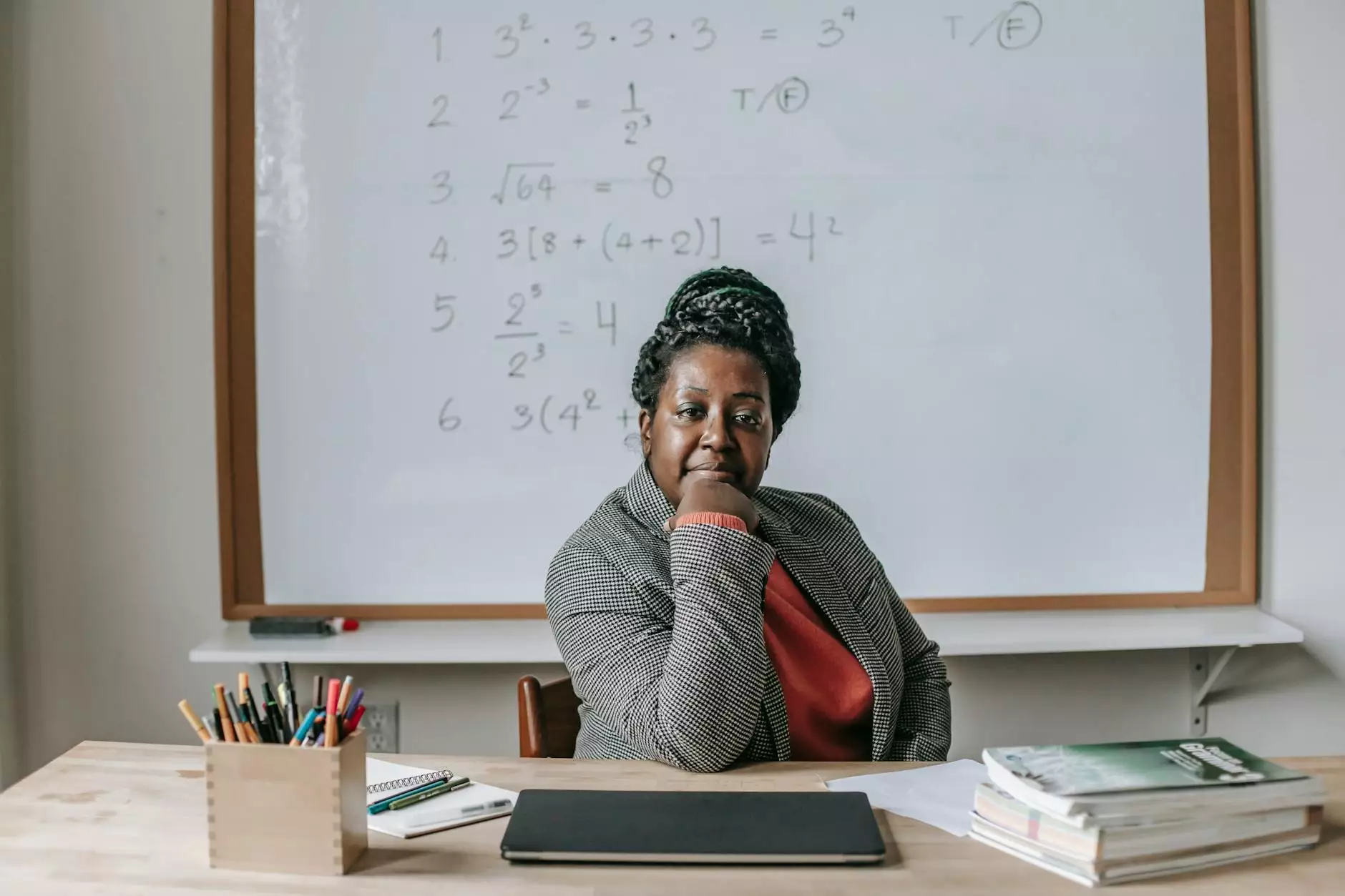48 – Sleep Verbs! Learn How To Talk About Sleep!
English Vocabulary Lessons
Welcome to NJCLT, your ultimate resource for improving your English language skills. In this comprehensive vocabulary lesson, we will explore 48 sleep verbs that will enhance your ability to talk about sleep in English like a pro.
Introduction to Sleep Verbs
Sleep is a vital aspect of our daily lives, and being able to express and understand different sleep-related actions is essential for effective communication. Whether you're learning English for personal or professional reasons, mastering sleep verbs will help you express your thoughts and experiences accurately.
1. Doze
Dozing refers to a light sleep, often associated with brief periods of unconsciousness. It typically occurs when one is not fully alert but not entirely asleep either. Examples of dozing verbs include:
- Nod off: To briefly fall asleep, often unintentionally, while in a sitting or standing position. E.g., She nodded off during the boring lecture.
- Drowse: To be in a state of half-sleep, a bit awake but mostly dozing. E.g., The hot weather made everyone drowsy and lethargic.
2. Rest
Resting is an important part of sleep, allowing the body and mind to rejuvenate. It involves finding a relaxed state and taking a break from physical or mental activity. Some common verbs associated with resting include:
- Relax: To loosen and unwind the body and mind, usually in a comfortable environment. E.g., She likes to relax in the park after a long day at work.
- Recline: To lie back or rest in a comfortable position. E.g., He reclined on the couch and watched his favorite TV show.
3. Napping
Napping involves taking a short sleep, usually during the day, to rejuvenate and recharge. It differs from longer periods of sleep at night. Here are a few napping verbs:
- Power nap: To take a short nap, typically lasting around 15-20 minutes, to increase alertness and mental performance. E.g., I need a power nap before my important meeting.
- Catnap: To take a brief and light sleep, often lasting only a few minutes. E.g., She took a quick catnap to refresh herself before continuing with her work.
4. Deep Sleep
Deep sleep refers to the most restorative stage of sleep, characterized by slow brainwaves and limited muscle activity. During deep sleep, various bodily functions are regulated and repaired. Some deep sleep verbs include:
- Slumber: To be in a deep, peaceful sleep. E.g., The baby slumbers soundly in her crib.
- Hibernate: To enter into a state of deep sleep for an extended period, often associated with animals during the winter season. E.g., Bears hibernate to conserve energy during harsh winters.
5. Insomnia
Insomnia refers to the inability to fall asleep or stay asleep, leading to sleep deprivation and other related issues. Verbs associated with insomnia include:
- Toss and turn: To shift and move restlessly in bed when unable to sleep. E.g., She tossed and turned all night due to her anxiety.
- Count sheep: To imagine counting sheep jumping over a fence as a way to relax and fall asleep. E.g., When struggling to sleep, counting sheep can help ease the mind.
Conclusion
Congratulations! You have now expanded your sleep-related vocabulary with these 48 sleep verbs. By incorporating these verbs into your English conversations, you will be able to express yourself more accurately and fluently. Remember, practice makes perfect!
Continue your language learning journey with NJCLT as we provide you with valuable resources to improve various aspects of the English language. Stay tuned for more exciting vocabulary lessons, grammar tips, and conversation practice exercises to enhance your fluency!










